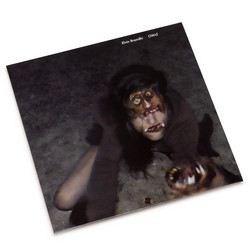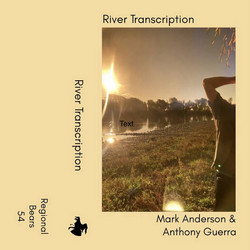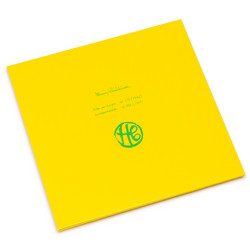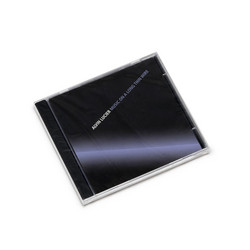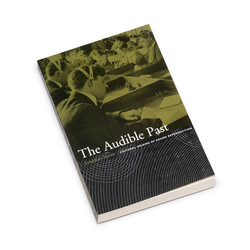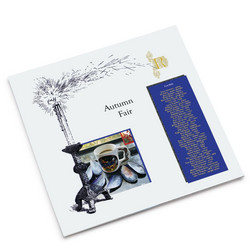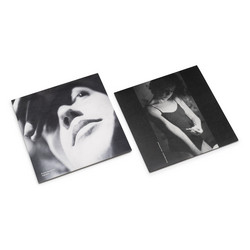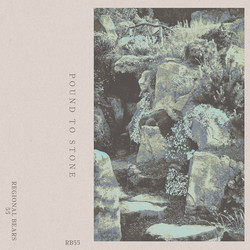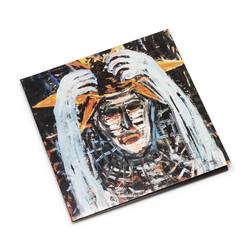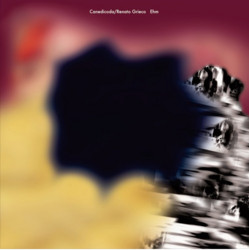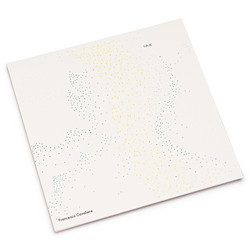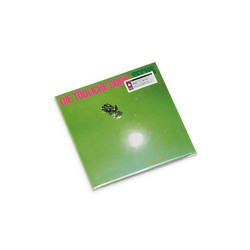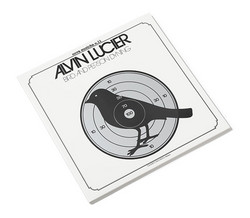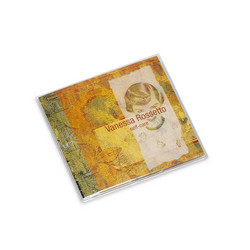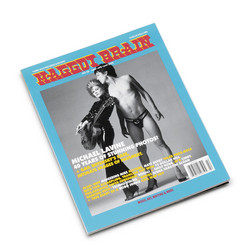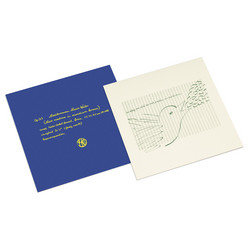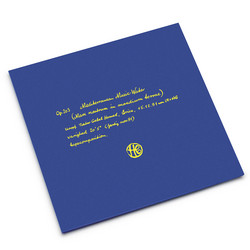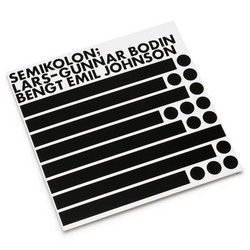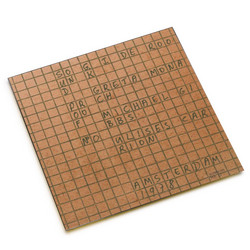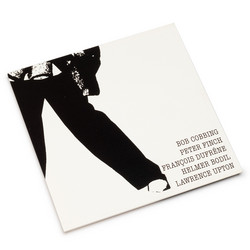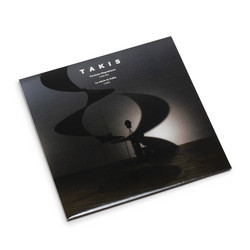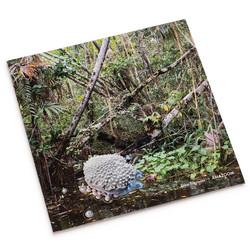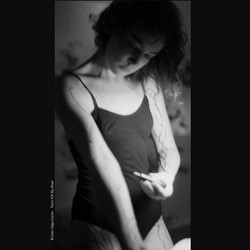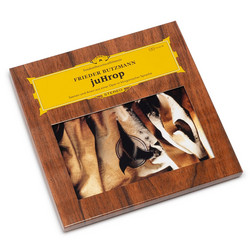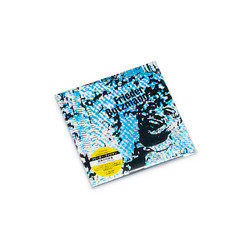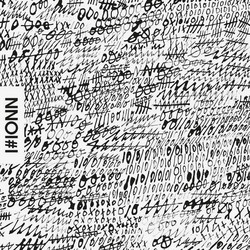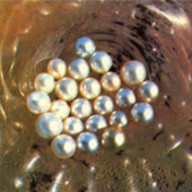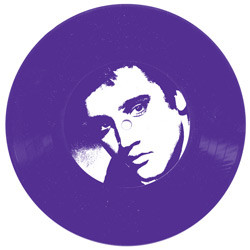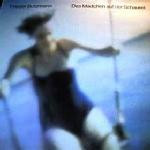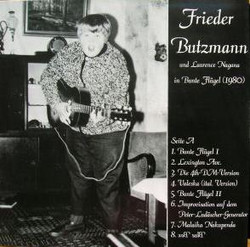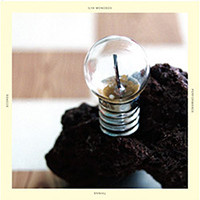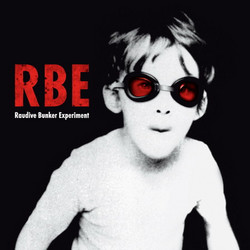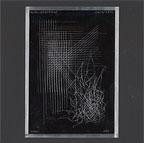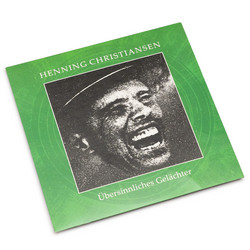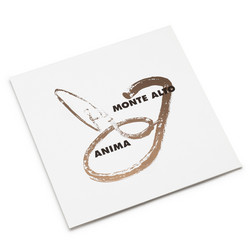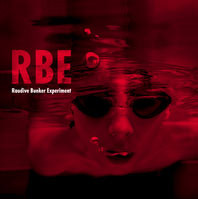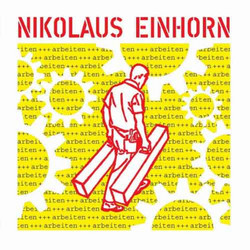Frieder ButzmannFeaturing: Diamanda Galas
juHrop - Szenen Und Arien Aus Einer Oper In Klingonischer Sprache (CD Box)
Limited and numbered edition of 250 copies. Die-cut box, 5 inlays and extensive booklet (Libretto). The opera "juHrop" was recorded with great effort at the Studio für Komische Musik Berlin and at the studio of Diamanda Galas in New York from 1996 to 2001. It is orchestral music produced with electronic devices and voices of Chinese singer Wu Jiang, David Moss, Diamanda Galas, Udo Scheuerpflug, Margarete Huber and the Moabiter Motettenchor. It was broadcasted in full length on "Deutschlandradio Kultur" in 2009.
"The Klingons are martial bullheads. They are known as the warlike people from the planet Thlingan from the TV series Star Trek. But the Klingons also love music and poetry. Their greatest poet was Shakespeare from Earth, who was supposedly one of their own. The Klingon opera "juHrop" (pronounced tschuch-rop, meaning homesickness) plays unrestrainedly with timpani and trumpets on a heroic monumental orchestra, enriched by synthetic Gregorian chants and electronic hi- and lofi effects. The story is as bloodthirsty and heartbreaking as its setting. The vocals are Klingon and Chinese." (Frieder Butzmann)
Frieder Butzmann was a member of various bands (including Nachdenkliche Wehrpflichtige together with Diedrich Diederichsen and FM Einheit of Einstürzende Neubauten), co-founded Burkhardt Seiler's record label Zensor and was involved in the restoration and acoustic documentation of analogue synthesizers and effect devices at the Studio for Electro-Instrumental Music (STEIM), Amsterdam. Since 1979 he has worked as a freelance composer, radio play author, actor, artist, lecture traveller and crachmacheur. Butzmann began experimenting with music at the end of the 1960s. In the late 1970s, Butzmann was one of the pioneers of German industrial music. He was closely associated with bands such as Throbbing Gristle, with whose founding member Genesis P-Orridge he also collaborated on the LP Vertrauensmann des Volkes (1981). Butzmann belonged to the loose group of self-proclaimed Geniale Dilettanten. He performed at the 1981 Genialer Dilletanten festival in Berlin's Tempodrom and is also represented in the manifesto published by Wolfgang Müller (Die Tödliche Doris) at Merve Verlag. In the first half of the 1980s, he performed internationally together with Alexander Hacke (alias Alexander von Borsig). From the mid-1980s until the 2000s, he often formed a duo with the author and artist Thomas Kapielski. A duo that was occasionally expanded into a trio by the musician and visual artist Sven-Åke Johansson or the artist and instrument inventor Nils Krüger.
